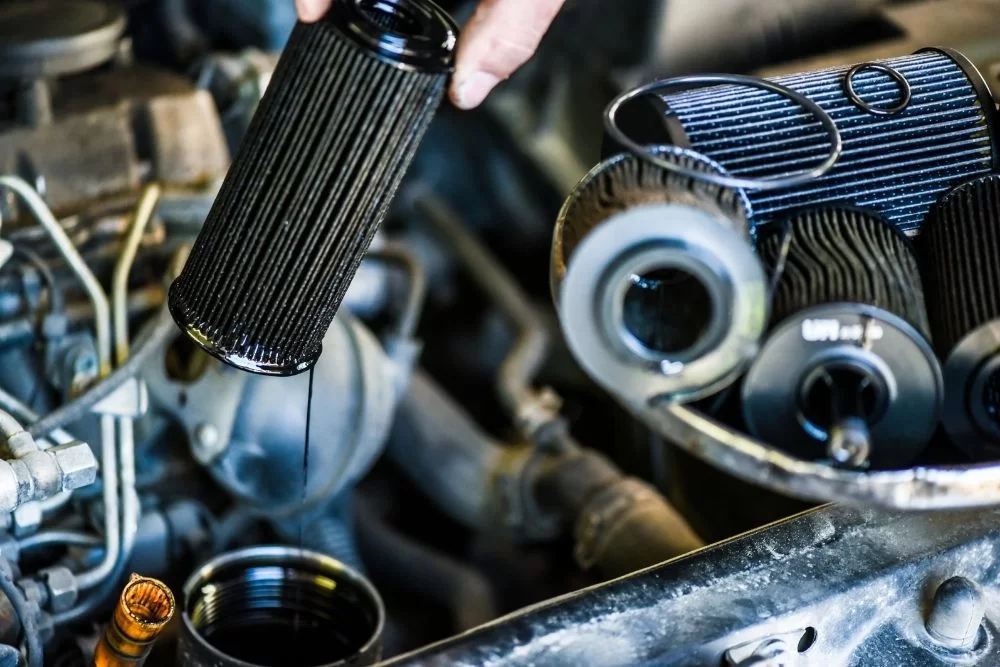
Four Common Problems Found in Classic Cars
Four Common Problems Found in Classic Cars
You’ve been saving for that classic car and you’ve found the perfect one. Will it run? Will it run okay? These are questions every classic car owner must ask because – well – these babies are old. That’s why we love them! Thankfully, Advantage Auto Service maintains and repairs classic cars. Here are four common problems we see when our customers bring their classics to our shop.
The Engine Overheats
Classic cars overheat now and they did in their day. This is just a fact of classic car life. Usually, overheating is caused by improper coolant levels or mixtures, a broken fan felt or inoperable cooling fan, a defective engine thermostat, or radiator pipes that have clogged over time. The radiator system is one of the first systems you should have inspected after you’ve bought your classic car.
The Brakes Are Worn
Your classic car isn’t going to tell you there is a problem with the brake system using a dashboard warning light. They don’t have them, which is part of their allure. Another system that needs a thorough once-over after your purchase is your classic car’s brake system. The pads are likely worn and you might need a brake fluid flush and refill. The brake lines could also be cracked or worn.
The Engine Needs Help
Classic car engines need fresh oil to prevent damaging the original parts, so make sure to have your oil changed every 2,000 miles. Oil leaks are another common problem with classic cars because the seals are worn. You might also run into transmission and carburetor trouble in your classic. Transmission seals and mounts also wear down and the carburetor is likely long overdue for a cleaning.
The Tires Are Bubbling
Finally, it could have been decades since your classic car’s wheels were balanced and aligned so plan to have that done right away. The tires could already be bubbling because they haven’t been maintained. In fact, one of the first things you’ll want to do before you drive your classic car is to check the tire tread and overall condition of the tires to avoid blowouts. Don’t wreck your classic right after you bought it.
Located in Atlanta, GA, Advantage Auto Service works on classic automobiles. We are experts in all things automotive, whether old or new. Call us today to set up a classic car inspection. We’d be happy to look at the car before you purchase or after you’ve signed on the dotted line.








